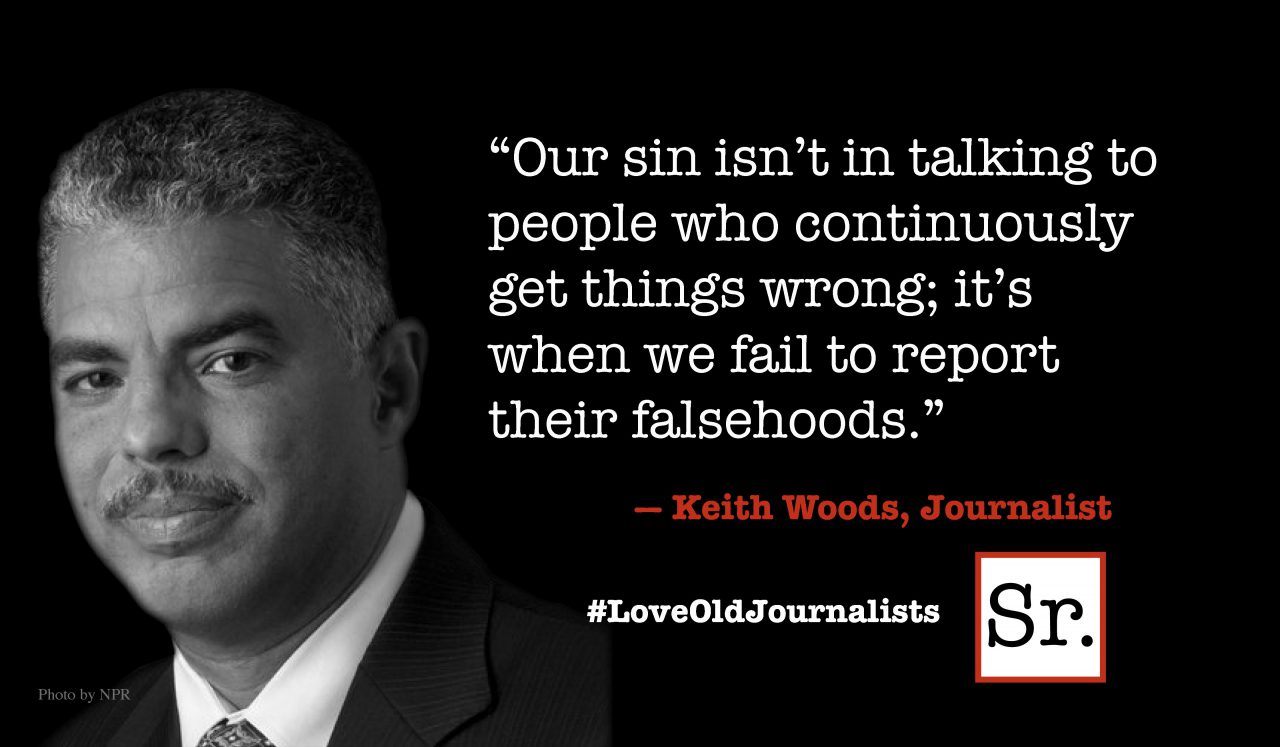What is a legacy? Most dictionaries define it as a gift of money or property for someone after you die. The second way to think of a legacy is something that has been achieved that continues to exist after someone's death. That is the form of legacy I'd like to explore as you build your satisfying retirement.
It would be a very rare person who doesn't want to be remembered after he or she is gone. As we age we understand how short life really is and that there are few opportunities for do-overs.
I have one life. What am I making of it? How would I like to be remembered? Do I know what I would like to leave behind for others? These are questions that all humans ask themselves at some point. We have a very basic need to believe we have made a difference. A legacy is just that: something that can be pointed to that confirms you were here and you mattered. A satisfying retirement is great, but a strong legacy is something really worth striving for.
There are two basic types of legacies. The first involves tangible accomplishments. If you are an artist that's easy. Your paintings, sculptures or photographs will hang on a museum wall or grace people's homes for years into the future. If you are a singer, actor, or writer you will live on in your music, performances, or words.
Maybe your financial status is such that you can create an ongoing scholarship at a favorite school or an endowment at the university you attended. You might be able to donate enough money to help fund ongoing research into a serious disease. Maybe you established a volunteer organization that continues to help people for years into the future.
For someone who is handy with tools, maybe you built a vacation cabin in the woods, or a canoe that cuts gracefully through the water. Your family and relatives can enjoy what you made and think of you whenever they do.
The second type of legacy is the intangible kind. You have instilled a set of moral and ethical values in your children. You have treated loved ones in such a way that when people remember you those memories are full of joy and fondness.
You have demonstrated through your life the importance of giving back to others, of leaving your little corner of the world just a bit better for you having been here. You have modeled a life worth living and are remembered by your actions, big and small, your beliefs, and your steadfastness. Years after you are gone, someone will mention your name and there will be a smile, or a fond memory, or a confirmation of how you spent your life's time. Maybe there will be the ultimate compliment when someone declares he would like to be like you were.
While both types of legacies have tremendous value, I think most of us have a better shot at creating a life worth remembering when we focus on the intangible characteristics. The good news: it is not too late to start. The bad news: too many of us never start.
The goal of a legacy can't be selfish. If so, it probably won't be very long-lasting. Even the person who donates $5 million to establish a scholarship fund is doing it because she believes her money can benefit more people if she uses it in this way. Will her name be associated with something good? Sure. But, that is not the primary motivator.
If you are remembered for teaching your children how to be responsible, caring, loving parents to their kids your legacy is worthwhile. If you instill a sense of civic responsibility in a child who goes on to help others for the rest of her life, you have created a legacy that is worthwhile.
Maybe your legacy is the guy who always smiled, who was always there to help someone when he was down, who loved others unconditionally. Maybe you were the first to volunteer whenever your church needed help. You couldn't take off two years to join the Peace Corps so you always helped restock the food bank at an inner-city school. You were confined to a wheelchair after an accident. But, instead of being bitter and withdrawn you remained positive and upbeat. You affirmed that there were others in much worse shape than you.
All of us will be remembered for something. How would you like to be remembered for what you do while on this earth? How would you want your memory to affect others? Most of the answers are within your control. A legacy is built on beliefs and attitudes that are translated into actions. Turn your satisfying retirement into a long-lasting legacy. Start today.








